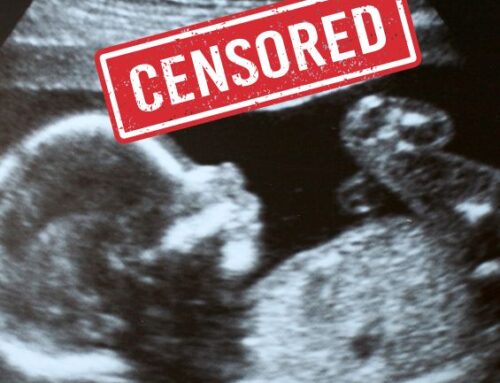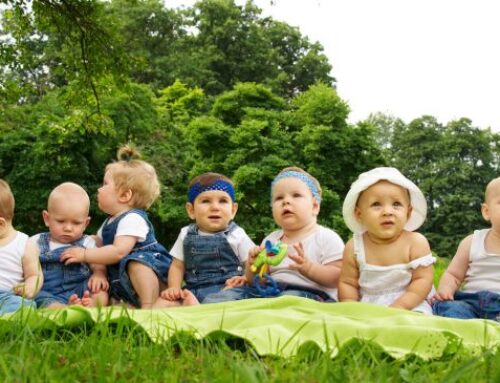Like most writers, I aim to stand by everything I say, but, alas, that’s near impossible. Still, it’s bothersome to have to amend something so shortly after writing it. In the July/August edition of The Interim, I stated in my article, “How to talk about abortion,” that it’s important to acknowledge that “pregnancy is very difficult.” I now realize that’s a somewhat inaccurate and belittling way to frame the objections a woman might have to continuing a pregnancy. We do difficult things all the time – go to college or university, take on challenging new jobs, care for loved ones, etc.
I’m now more inclined to believe that pregnant women consider abortion because they’re in pain, not so much physical as emotional and spiritual pain.
If so, this makes abortion so much harder to eradicate. In any situation, it takes a very strong will to delay the ostensible relief of pain, especially of the sort that seems to be endless.
I’d heard before the quotation from former vice president of Feminists for Life Frederica Mathewes-Green that a woman wants an abortion “not like she wants a Porsche or an ice cream cone. Like an animal caught in a trap, trying to gnaw off its own leg, a woman who seeks an abortion is trying to escape a desperate situation by an act of violence and self-loss.” Obviously, I didn’t appreciate it a couple months ago. You wouldn’t say this animal is in a “difficult” spot. It’s terrified – and yes, in pain.
It’s not the prospect of having to care for a child that compels a woman to abort – but the pain that accompanies the thought of being trapped in a relationship, of failing her parents, of giving up the career she’s dreamt of. A woman isn’t walking into an abortion clinic and splaying her legs for a stranger to suck out the tiny human in her womb because the alternative is “difficult.” It’s because when faced with two types of pain, she’s going to choose the one that falsely seems to offer quicker reprieve.
In an article titled, “Abortion: A Failure to Communicate,” which originally appeared in the journal First Thingsin 1998, writer Paul Swope refers to pregnancy as presenting a “death of self” to many women, “a complete loss of control over their present and future selves,” which “shatters their sense of who they are and will become.”
Pro-lifers are asking them to endure this pain, promising that in time it will subside, but this is a big ask for a well-medicated generation that has largely been spared the realities of war and hunger, whose helicopter parents cushioned them from suffering. We are simply not well-equipped to deal with this reality of life.
In my October 2017 column, once again, I missed something important. I wrote, “generally speaking, your average fellow on the street, whether he knows it or not, has the same first principles as pro-lifers – a belief in human rights and their universality.” Unfortunately, I failed to take into account that while in theory most of us buy into human rights, in practice, the majority of time we act in a utilitarian fashion, seeking to maximize our pleasure and minimize our pain. (This also, tangentially, explains why the debate about euthanasia and assisted suicide is highly animated by appeals to pain relief.) There are plenty of counter-examples of selflessness and sacrifice, but these are the exception, and not the rule, which is why we are so awed by them.
Of course, the realization that one has been complicit in a human rights injustice is always going to be incredibly painful too, but often, this pain, if realized at all, isn’t realized until sometime after the human rights injustice has been perpetrated. In most cases, when the perpetrators initially face the possibility of a stop to the injustice – slave owners fighting the potential emancipation of their slaves, racists meeting challenges to segregation – it may appear to them that they will be greatly inconvenienced, perhaps even greatly wronged, but not so much made to endure pain.
This is not so with women who believe access to abortion, their only escape from the pain of an unwanted pregnancy, will be stripped from them, and that will make abolishing abortion unlike abolishing almost every other human rights injustice.
None of this makes me any less pro-life, but it does break my heart all the more – to see what lengths we’re resorting to as we flee pain, and how much greater pain that leaves us all wallowing in.





